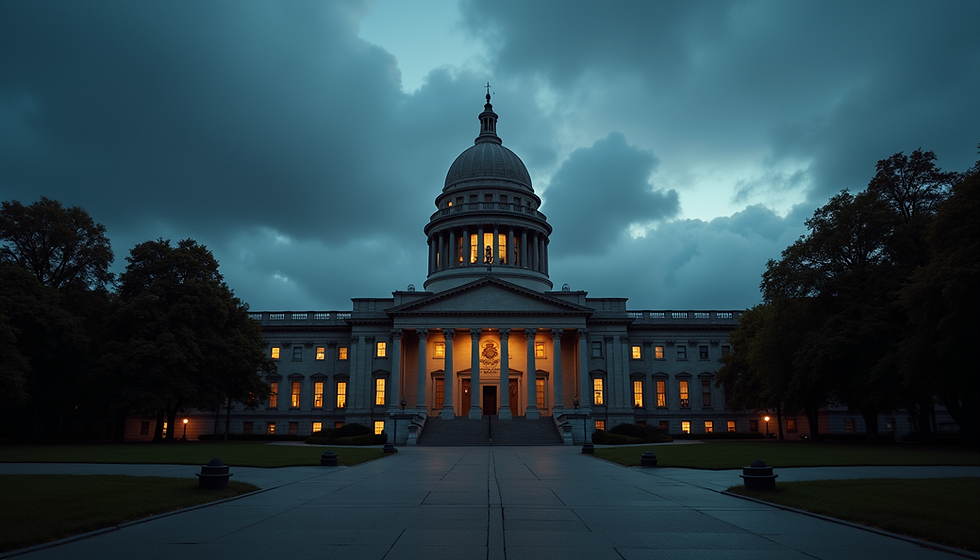Reclaiming Community: The Journey of Black Americans from Struggle to Empowerment
- Admin

- Nov 11, 2025
- 3 min read
The story of Black Americans is one marked by resilience amid hardship. For centuries, Black people in America have faced systemic barriers designed to divide and suppress. Today, many still experience economic challenges, racial tension, and fractured community ties. Yet, the path forward lies in reclaiming a strong sense of community, unity, and self-determination. This blog explores the history of Black Americans, the pressures they face today, and practical ways to rebuild a thriving, connected community.

A Brief History of Black Americans’ Struggle
The history of Black Americans begins with forced arrival through the transatlantic slave trade. Enslaved Africans were brought to America and subjected to brutal conditions for centuries. After emancipation, Black Americans faced Jim Crow laws enforcing racial segregation and denying basic rights. The civil rights movement of the 1950s and 1960s challenged these injustices, leading to legal gains but not full equality.
Despite progress, systemic racism persisted in housing, education, and employment. Redlining policies confined many Black families to under-resourced neighborhoods. Discriminatory hiring practices limited economic opportunities. These historical barriers created cycles of poverty and social isolation that still affect many communities today.
Pressures Faced by Black Americans Today
Black Americans continue to navigate a complex landscape of racial tension and economic challenges. Police violence and racial profiling remain urgent issues, contributing to mistrust and fear. Economic inequality is stark: the median wealth of Black families is a fraction of that of white families, limiting access to education, healthcare, and homeownership.
The economic stranglehold is reinforced by underfunded schools, fewer job opportunities, and limited access to capital for Black entrepreneurs. These factors contribute to higher unemployment rates and lower income levels. Social fragmentation also weakens community bonds, making it harder to organize for change or support one another.
The Importance of Unity and Community
Rebuilding a strong sense of community is essential for Black Americans to regain control over their future. Unity creates a foundation for collective action and mutual support. When communities come together, they can advocate for better schools, safer neighborhoods, and economic development.
Community spaces such as churches, cultural centers, and local businesses play a vital role in fostering connection. These places offer more than services; they build trust and shared identity. Strengthening these institutions can help heal divisions caused by decades of systemic oppression.

Practical Steps to Reclaim Destiny
Black Americans can take several practical steps to reclaim their destiny:
Support Black-owned businesses
Investing in local businesses keeps wealth within the community and creates jobs.
Promote financial literacy and education
Teaching budgeting, saving, and investing empowers individuals to build wealth.
Encourage political engagement
Voting and participating in local government influence policies that affect communities.
Build mentorship programs
Connecting youth with role models helps break cycles of poverty and inspires success.
Create cooperative economic models
Community-owned enterprises and credit unions provide alternatives to traditional financial systems.
These actions require commitment but can lead to lasting change when done collectively.

Moving Forward Together
The journey of Black Americans is one of endurance and hope. While the challenges are real and ongoing, the power to shape the future lies within the community itself. By coming together, supporting one another, and focusing on economic and social empowerment, Black Americans can rebuild the strong, connected communities that were lost. The path forward is sometimes tied to the past. With this in mind, let us come together as one people with one aim, one God, and one destiny.

Sengbe Ben Yosef



Comments